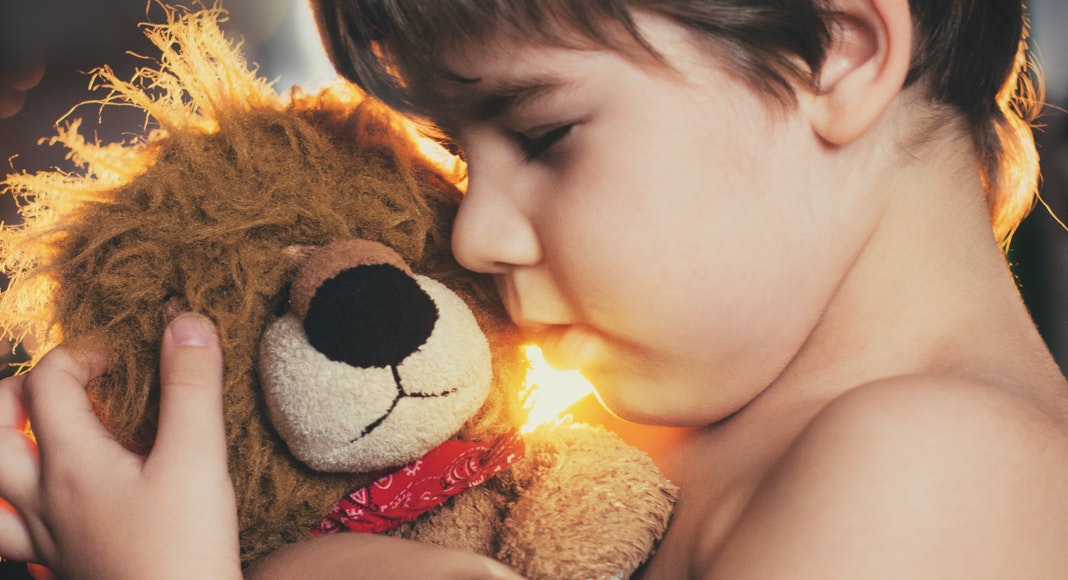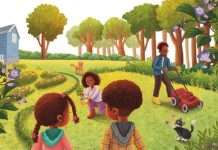
Santa Claus, the Tooth Fairy, toys that come to life when their owners leave the house.
These are just some of the examples of magic my kids believe in, and keeping that sense of possibility and wonder alive is one of my top priorities while they’re young. For example, like many homebound parents during the COVID-19 pandemic, I was recently in super-stealth mode in an overcrowded house ensuring the Easter Bunny made his expected appearance. (I’m hoping my kids didn’t think it was too strange hunting for hand-sanitizer packs instead of eggs this year…)
I sometimes envy my three magic-believing kids and wish I could inhabit a world where fantasy and reality blend together so easily. For the most part, this state of mind is something to be celebrated. But it has also dawned on me that my children and their peers are susceptible to a darker belief during this global health crisis and all of its anxiety and uncertainty: the belief that they somehow caused or contributed to COVID-19.
According to developmental psychologists, magical thinking involves the belief that a person’s thoughts, actions, wishes, etc. can influence the course of events in the material world. This type of thinking generally peaks between the ages of 4 and 7, though it can resurface throughout one’s life (see: an athlete’s ritual of wearing the same pair of unwashed socks to every game to ensure a win, or my belief that if I ignore an unpleasant chore or email long enough it may magically disappear).
Famed twentieth century psychologist Jean Piaget was one expert who studied magical thinking, and he found that prior to age 7 or 8, many children believe their own activity causes physical events as grand in scale as the movement of the sun or the existence of wind. My own children will insist to all who will listen that the moon follows our car – and only our car – when we drive at night.
Well, there are few things as grand in scale right now as the COVID-19 pandemic, and with so much still unknown about the virus and how to control it, there is a lot of room for young children to replace uncertainty with magic-based explanations. For many children, it stands to reason that if Santa knows who’s been naughty or nice, maybe the coronavirus does too?
When talking to our kids about the reasons for self-quarantine, school closure and why they can’t see grandparents or play with friends right now, we need to impress upon them that this is not something they had any part in causing – and similarly but crucially, they cannot “fix it” with good behavior. Yes, we all need to do our part through our daily actions to slow the virus’s spread, but no one child should bear the weight of the burden of this disease on her small shoulders.
A recent article in the medical journal The Lancet highlighted a worrisome combination of psychological factors among children in the prime window of magical thinking: those same children are simultaneously developing a sense of conscience, and also tend to have a poor understanding of how illness is spread. So, in essence, belief in self-powered magic + emerging feelings of guilt and regret + confusion about COVID-19, could add up to a whole lot of anxiety and trauma for a young mind.
In order to avoid this potential triple-threat of misplaced self-blame during the pandemic, we must do our part to explain the reasons for our family’s and community’s safety precautions, listen to our kids’ concerns, and correct any misconceptions they may have.
As we navigate the coming weeks and months, let’s encourage and help create magic for our kids when it inspires and delights. But let’s also remember that basic facts and lots of family discussions can help ensure their fantasies don’t become the stuff of nightmares.















